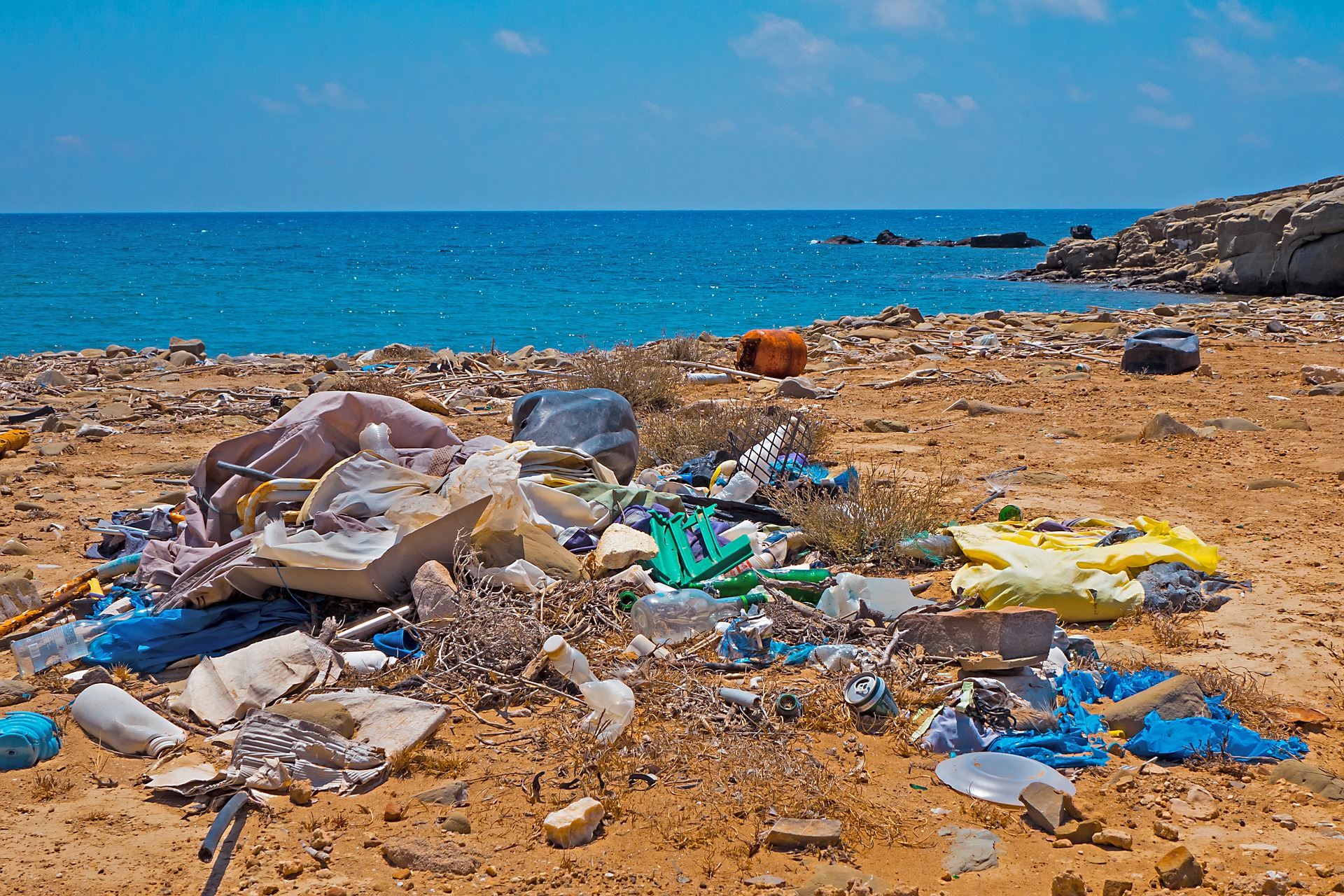TIRANA, October 25
The European lawmakers approved on Wednesday a ban on a range of single-use plastic products across the union. This action aims at stopping the pollution of oceans and reduce the plastic impact on marine species and habitats. The ban targets the top ten single-use plastic items that wash ashore in the European beaches.
According to BBC, one MEP said that if no action was taken, “by 2050 there will be more plastic than fish in the oceans.”
The banned items were selected because there are environmentally friendly alternatives for each of them.
The European Commission proposed in a May a series of measures that were finalized in the approved ban.
The EC Proposal included the following:
-
- A ban on the use of plastic items like straws, cotton swabs, plastic plates and cutlery, plastic coffee stirrers and plastic balloon holders. EU lawmakers on Wednesday added very lightweight plastic bags and polystyrene fast-food containers to the list.
- Reduce the use of plastic food containers, such as the ones used for take-away, and cups for beverages.
- Producers will help cover the costs of waste management and cleanup as well as raise awareness of the polluting impacts of tobacco products with filters (such as cigarette butts), wet wipes, balloons, plastic bags, and candy and potato chip wrappers.
- Member states should use a deposit refund scheme or any other measure to collect 90 percent of single-use plastic bottles by 2025.
- Menstrual pads, wet wipes and balloons will be required to add a label indicating how to dispose of the product properly.
- Member states should raise awareness about the dangers of single-use plastic items.
- Producers of plastic fishing gear will be required to cover the costs of waste collection in ports.
(Source: DW)
The report, drafted by Frederique Ries, was adopted with 571 votes to 53 and 34 abstentions. Parliament will enter into negotiations with Council when EU ministers will have set their own position on the file. The EU members states will have to adapt to the proposed changes thus, the ban is expected to go into effect by 2021.
“We have adopted the most ambitious legislation against single-use plastics. It is up to us now to stay the course in the upcoming negotiations with the Council, due to start as early as November. Today’s vote paves the way to a forthcoming and ambitious directive. It is essential in order to protect the marine environment and reduce the costs of environmental damage attributed to plastic pollution in Europe, estimated at 22 billion euros by 2030,” Ries was quoted as saying in the official press release issued by the EP.
What about plastic pollution in Albania?
Sea and beach pollution is a main concern in Albania. Hundreds of tons of waste wash ashore every year, but they are often removed by massive clean-up actions. Plastic pollution is mostly related to poor urban waste management and to the lack of modern recycling infrastructure. Yet one of the main factors is the lack of awareness of environmental protection.
However, Albania made a revolutionary step this year by banning light-weight plastic bags.
July marked the end of single-use plastic bags era in Albania. The ban on single-use plastic bags that entered into force on July 1st foresees fines and penalties for that continue to produce and use single-use plastic bags. The decision that was adopted in April includes fines that vary between Lek 10 and 15 million for those that break the law.
The decision defines that only recyclable bags that meet specific criteria can be used as alternatives single-use plastic bags. The new product will be supervised by official authorities. The alternative product must include tracking elements and the initials of the manufacturer, the symbol of the biodegradable additive, and other safety elements. Moreover, every product that has direct contact with edible goods must have the right label that confirms its purpose.
Manufacturers, transporters, and traders must ensure that this information is available in their product for at least 36 months, in order to be able to be identified, otherwise, they will be penalized. The National Environmental Agency and the National Environmental Inspectorate will be responsible for regular inspections.
News Source: europa.eu, BBC, DW

Leave a Reply
You must be logged in to post a comment.